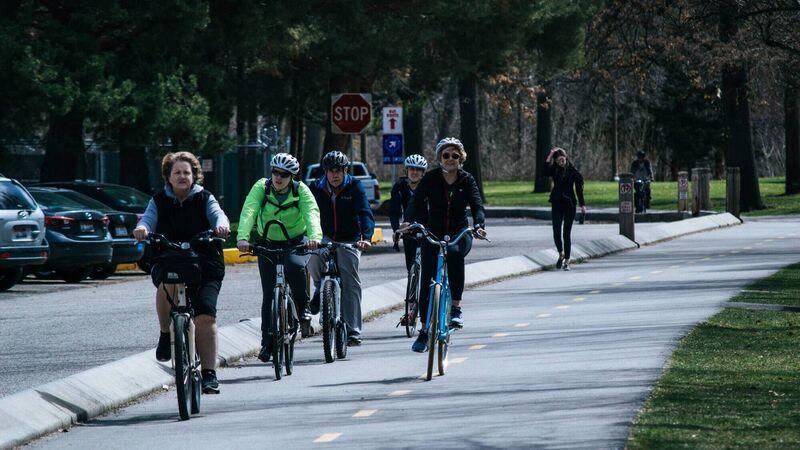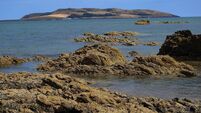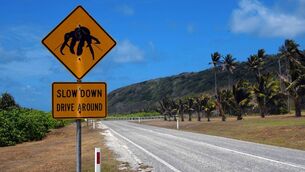Diary of an Irish Cyclist: If cycling is an affront to you, the next 20 years will be uncomfortable

It's time to drop your preconceptions about cyclists
It's always good to know at least one sentence in a foreign language; a sort of cultural or linguistic party piece. Here’s my sentence in Dutch: “Fiets is iets, maar bijna niets.” This translates into English as “the bicycle is something, but almost nothing”. I saw this a few years ago printed on a cycling plan that wasissued on a manifesto by the counterculture group Provo. Provo was based in Amsterdam in the 1960s, and it was ahead of its time in appreciating the environmental costs of unfettered car access to its city. They saw the clean, cheap, and easy-to-park bicycle as the antidote to the polluting, dominating, and consumerist car. The bicycle was “almost nothing”— no fumes, no noise, no fuel costs.
I’ve often thought that this sentence would also ring true if it stated that “the bicycle is just one thing, but it is also many things.” A bicycle is a form of transport, a way to get fit, a pathway to exploring town and county, a leisure activity, and a work vehicle. The fact that the bicycle is just one thing, but also many things, goes a long way to explain why the Irish Examiner has handed over a column dedicated exclusively to all things bike-related for the summer.







